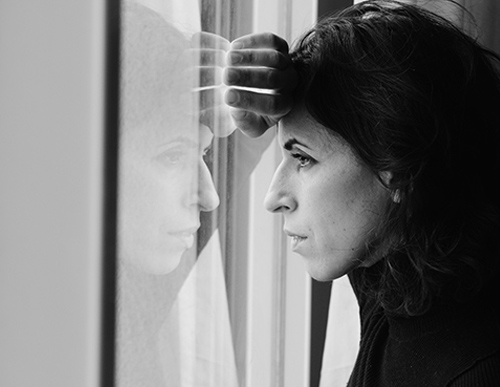
Loss is a life-changer in many ways. Left untreated, it has an impact on wellness, job performance and, yes, even your social life. It is easy to take your hearing for granted, right up until little things start changing like conversations become unclear or television is hard to understand. It might take a minute to connect the dots and realize that a change in hearing is to blame.
Of course, there are ways around these minor hearing challenges like saying “what” all the time or turning up the volume but the downslide continues. Consider some ways that your social life might suffer if you don’t take the steps necessary to improve your hearing.
You’re Left Out of the Conversation
Communication is a big part of being social, but that’s hard to manage when hearing loss sets in. Hearing loss is a gradual process that often starts with key sounds disappearing during a conversation. For instance, someone with mild hearing loss might notice words with “S” or “F” sound mumbled. Certain voices might sound faint or mumbled, as well – usually high or low pitches.
Over time, sounds in the background seem to take over. It becomes difficult to hear anything but the air conditioner or fan running in the background. Something as innocent as the wind blowing around you as you try to have a discussion outdoors on the patio leads to frustration.
You may begin to feel left out as the people around you talk but you struggle to hear and understand everything they say. That feeling of isolation in a room full of conversation has an impact.
You Experience Real Isolation
The inability to clearly hear what a loved one, friend or family member says leads to mistakes and maybe even conflicts. The people in your life can start to treat you differently, trying to avoid conversations because you don’t understand them. They can’t talk to you, so it makes them uncomfortable to be around you. The phone stops ringing because you never answer anyway. When you do hear it ring, it’s a struggle to interpret what is being said.
Your friends don’t ask you to hang out anymore, either. You never understand movies or TV shows, so what’s the point. When your hearing loss started, you may have felt isolated even though you weren’t, but as it progresses, you really do spend more time alone or socializing on social media pages instead of face-to-face.
Intimacy Diminishes
They say good relationships require effective communication, but that suffers when you start to lose your hearing. What once was a partnership built around your ability to talk to one another is now a series of miscommunications. Maybe, you didn’t stop and pick up milk because you have no idea she asked you to do it or you miss a date because you got the time wrong.
That special person in your life may get frustrated because every conversation consists of you saying “What?”. As difficult as it is to experience hearing loss, it’s just as hard to see a change in someone you love without understanding why it’s happening. You lose that connection you once had with a close friend or partner because you refuse to accept that you need to see a hearing professional for help.
It’s depressing to think of how many ways losing your hearing can cost you, but for most people, there is hope. It’s estimated that 14 percent of people between the ages of 45 and 65 suffer mild to moderate hearing loss. For these individuals, getting a professional hearing test and investing in hearing aids is all it takes to return them to the social life they once enjoyed.